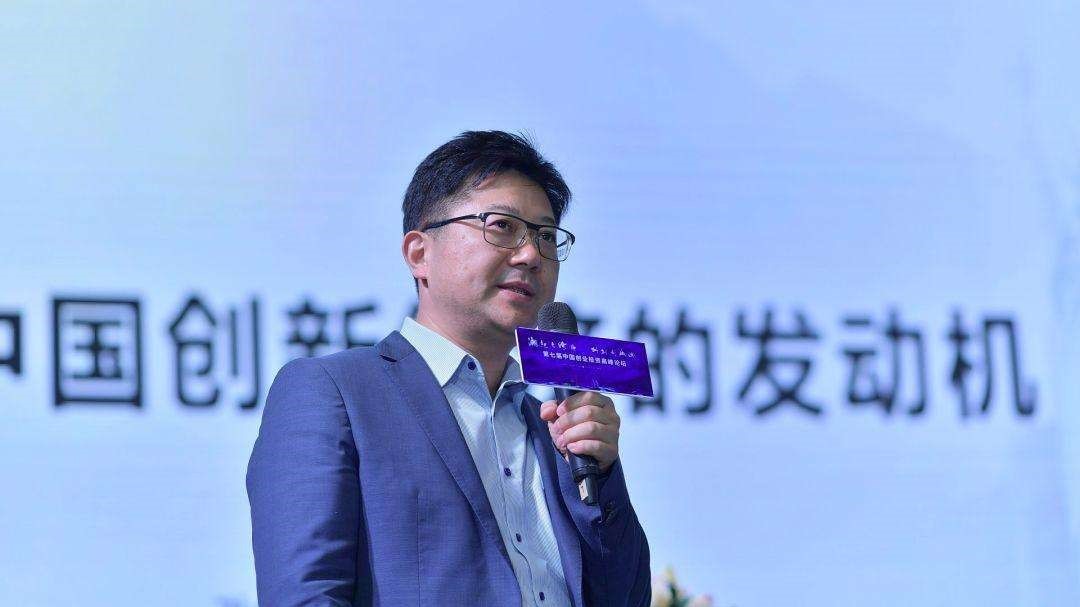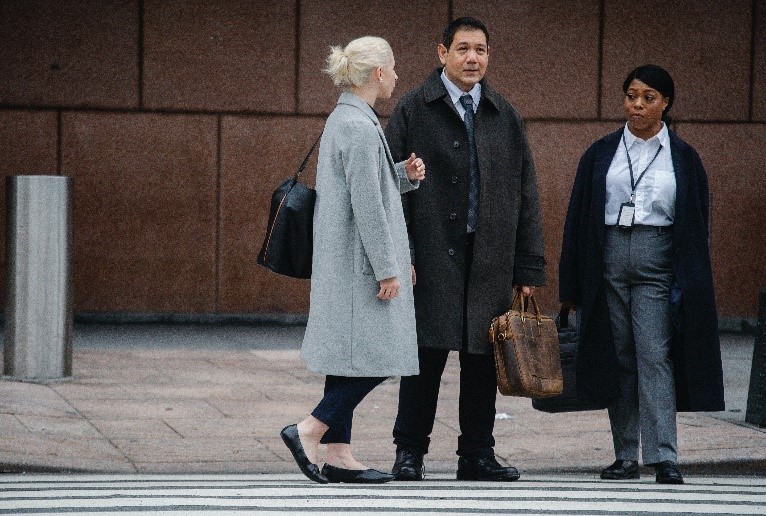
Li Xiaohong believed that tech companies would be the leaders in vertical industries. The early development of the giants in vertical industries benefited from the non-technological factors like innovative business models, unique resources and financial investment. The giants then had to eventually rely on technology to expand scale, increase efficiency and build up strength when the time comes.
READ
China has grown into the world’s second largest economy over the past 40 years. In this period, many Chinese technology companies represented by Huawei and Alibaba have become world-class corporations, which provide robust support for economic transformation and upgrading. At present, China is equipped with three conditions for extensive tech innovation: market, capital and talents. Huge opportunities for technological innovation are emerging in China.
READ
“Our investment is concentrated on certain fields. Our strategy covers VC and PE growth, and we would like to integrate some companies in certain fields through LBO in the future.”
READ
On the recent 17th China Venture Capital & Private Equity Annual Forum, CoStone Capital Zhang Wei said that investors on the primary market need to learn from Huawei for its way of consistent investing in R&D over the highs and lows of company’s development, and years of commitment that makes it stand out in its field. In Zhang Wei’s opinion, to succeed in investment is to do what Huawei does: unwavering commitment in key focus areas.
READChina’s economy is transitioning from rapid growth to a stage of high-quality development. In this period, VC firms are becoming an important link in supporting the innovative development of the real economy. They finance their portfolios and assist in their innovative practices, providing constant stream of resources in all aspects of their entrepreneurship.
READ
Zhang Wei, CEO of CoStone, and Wu Xinghua, president of Phλrmplus share one thought. Zhang and his team have a deep understanding of franchised pharmacies and highly value professional management teams and founders. Wu expects an understanding of his ideas from a potential institutional investor. So, when the two meet each other, the M&A happens.
READ
We believe in the power of compound interest which makes small victories a greater one. We never predict the macro-economy, never adapt founders and their teams, never recreate business models. Our portfolio companies are not industrial giants, for that we do not favor the so-called tailwind or the public lover. The past two years saw 12 billion RMB investment from CoStone, among which 7 billion went to TMT.
READ

On July 6, "China Private Equity Industry Hundred Talent Forum-Phase II" - "Venture Capital and Early Stage Investment Hundred Talent Forum" was held in Shenzhen.
READ
If SOE’s C-level executives still hold no shares, the mechanism will not change. I am not interested in companies of this kind.
READ
2016 sees ups and downs. Black swan events wait for deeper thoughts. In terms of mergers, two things in 2016 should be highlighted.
READThe year 2019 marks the fortieth anniversary of China’s Reform &Opening-Up, once again, we meet at the turning point of history. What’s the next step for the game, is there any clear guidance? The answer is affirmative.
Our country is enjoying a good momentum of development, which does not come from the Washington Consensus nor the Beijing Consensus. China’s experience has proved that both the visible hand and the invisible hand are crucial: the visible hand, stands for the government-led reform, and would yield benefits for reform and opening up; the invisible hand, stands for the Marginal Power represented by the private sector, and would improve economic efficiency and tax collection, create jobs and employment opportunities.
Provided that we want to protect and expand the benefits form reform, three simple but mandatory agreements are to be made and followed: No.1 Private ownership must be recognized, protected and treated equally with public ownership constitutionally, both ownerships are scared and inviolable;No.2 Make further clarification of the principal position of market economy, “deepen economic system reform by centering on the decisive role of the market in allocating resources”, as President Xi addressed in the third Plenary Session of the 18th CPC Central Committee;No.3 Implement the guiding principles of “comprehensively promoting law-based governance” of the fourth plenum. The rule of law is essential for economic growth, irreplaceable to protect private ownership, and necessary to encourage innovation and entrepreneurship.
Above are three rules for us to avoid falling into the Middle-income Trap. Assuming that we are breaking systematic barriers to private enterprises’ participation in market economy, and boosting innovation and entrepreneurship of our society, then we are heading towards a promoting direction. We are marching in the path of light, regardless of the ups and downs of Sino-US relationship, the drop in GDP growth rate, or the monetary policy.
These principals also apply on knowing how better to run a business: don’t be hedged by rules and regulations at the beginning, pay more attention to your survival, and you’ll learn more when you start your second business.
For many years, Huawei has been the only Chinese company on the list of the Top 50 R&D Spenders. Regardless of the economy and its income, what Huawei has been doing is investing in its future, dedicated to R&D, continuously and resolutely. This provisional work underscores Huawei’s accomplishments, making Huawei anindustry leader.
So, there are standard answers on how to run a company,which could be summarized as concentration and professional dedication, continuous investment on innovation and trying harder in R&D. Entrepreneurship is also important, every single company needs entrepreneurs to push aside all obstacles and difficulties, to implement strategies and ideas. We, as investors, are destined to look for such outstanding entrepreneurs and their companies, invest in them and partner with them.
At this key point of history, a country, a company, or asingle individual, will all need to find the right path. Four decades after the Reform and Opening-up, it’s time to learn from our experience and stop “wadding across
